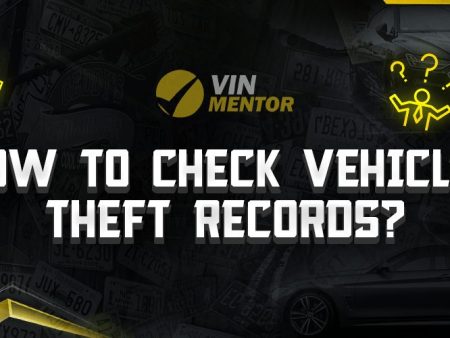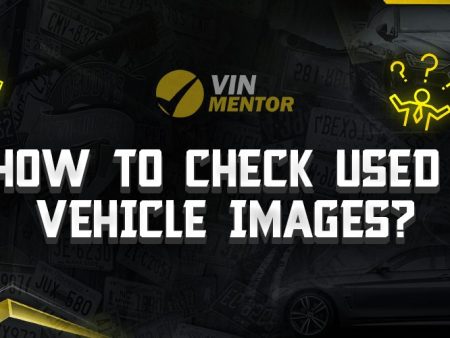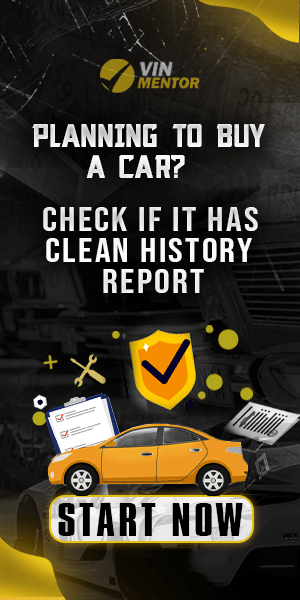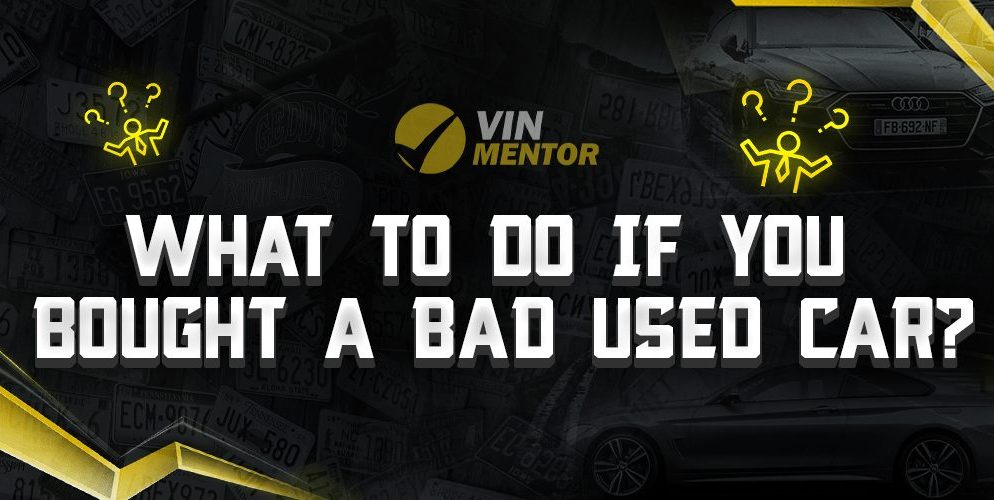
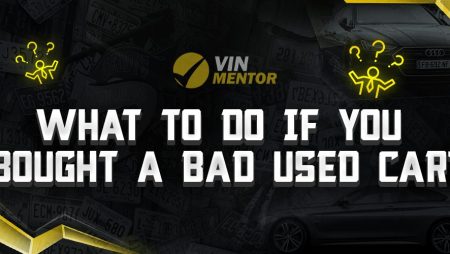
Buying a used car is a popular choice and a great way to save money, but sometimes things don't go as planned. Perhaps the car you purchased turned out to have serious mechanical problems, or maybe the seller was less than honest about its condition. Regardless of the situation, if you find yourself with a bad used car, it's important to know what steps you can take to protect yourself and potentially get some resolution. In this article, we'll explain a few things to consider when dealing with a bad used car, including how to identify issues using the vehicle identification number (VIN).
Key Takeaways
- Inspect the car thoroughly before purchasing.
- Consider getting a pre-purchase inspection from a mechanic.
- Check the car's history report and VIN.
- Contact the seller or dealership to discuss the issue.
- Consider seeking legal help if necessary.
Identifying Issues with the VIN
One of the most important tools you have when it comes to identifying potential issues with a used car is VIN. This unique code is assigned to every car and contains a wealth of information about its history and condition. By running a VIN check, you can uncover valuable information about the car's ownership history, accident history, and maintenance records. This can help you identify potential red flags and avoid purchasing a bad used car.
To run a VIN check, you can use a variety of online tools and services. Many of these services offer a basic VIN check for free, which will provide you with information such as the car's make and model, year, and engine size. However, to get more detailed information about the car's history and condition, you may need to pay for a more comprehensive report.
Actions for a bad used car purchase?
If you've already purchased a used car and have discovered that it has serious mechanical issues or other problems, there are several steps you can take to protect yourself and potentially get some resolution.
- Contact the Seller or Dealership: Your first step should be to contact the seller or dealership where you purchased the car. Explain the situation and see if they're willing to work with you to resolve the issue. Depending on the situation, they may offer to repair the car, provide a refund, or offer a trade-in.
- Consider Legal Action: If the seller or dealership is not willing to work with you or you feel that you've been the victim of fraud, you may need to consider legal action. This could involve filing a lawsuit or seeking help from a consumer protection agency or attorney.
- Check Your State's Lemon Law: Many states have “lemon laws” that protect consumers who have purchased a car that has serious defects or problems. These laws vary by state, but they typically provide remedies such as refunds, repairs, or replacements.
- Document Everything: Throughout the process, it's important to document everything. Keep records of all your communication with the seller or dealership, as well as any repairs or other work that's done on the car. This will be valuable if you need to pursue legal action or if you need to provide evidence to support your case.
Conclusion
Buying a bad used car can be a frustrating and stressful experience, but there are steps you can take to protect yourself and potentially get some resolution. By inspecting the car thoroughly before purchasing, running a VIN check, and knowing your legal rights, you can avoid many common pitfalls of buying a used car. To perform a VIN check, you can use our list of recommended VIN Check Websites. If you do find yourself with a bad used car, don't hesitate to take action to protect yourself and potentially get some compensation. Contact the seller or dealership to see if they're willing to work with you, consider legal action if necessary, and be sure to document everything throughout the process.
FAQ
What is a VIN and why is it important when buying a used car?
A VIN, or vehicle identification number, is a unique code assigned to every car that contains information about its history and condition. It can help buyers identify potential issues with a used car and avoid purchasing a bad one.
What should I do if I discover that my used car has serious mechanical problems?
If you discover serious mechanical problems with a used car that you have purchased, you should contact the seller or dealership where you purchased it and see if they're willing to work with you to resolve the issue. If they are not willing to help, you may need to consider legal action or seek help from a consumer protection agency.
How can I check a used car's history report and VIN?
There are many online tools and services that allow you to check a used car's history report and VIN. Some of these services offer a basic check for free, while others charge a fee for a more comprehensive report.
What are lemon laws and how can they help me if I've purchased a bad used car?
Lemon laws are state laws that provide remedies for consumers who have purchased a car with serious defects or problems. These remedies may include refunds, repairs, or replacements. The specifics of these laws vary by state.
Is it a good idea to get a pre-purchase inspection from a mechanic before buying a used car?
Yes, getting a pre-purchase inspection from a mechanic is a good idea when buying a used car. This can help you identify potential issues with the car before you make a purchase and give you more bargaining power when negotiating with the seller or dealership.

